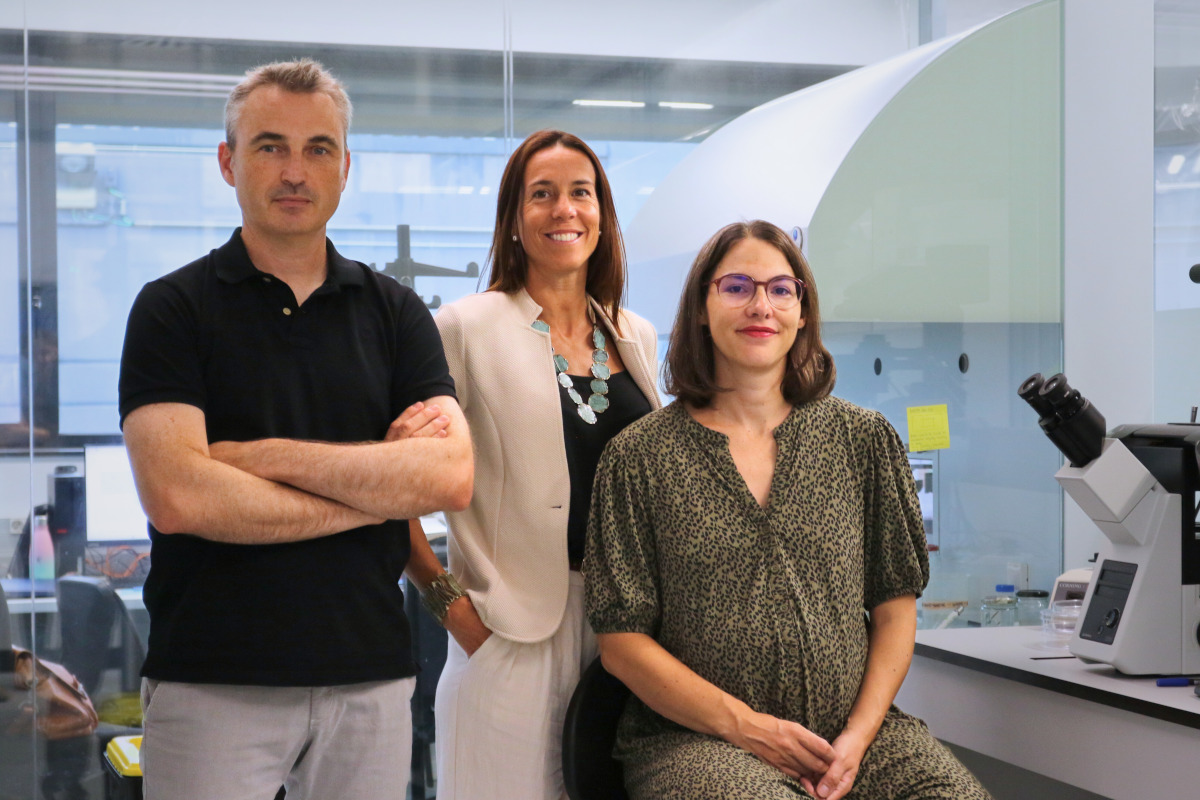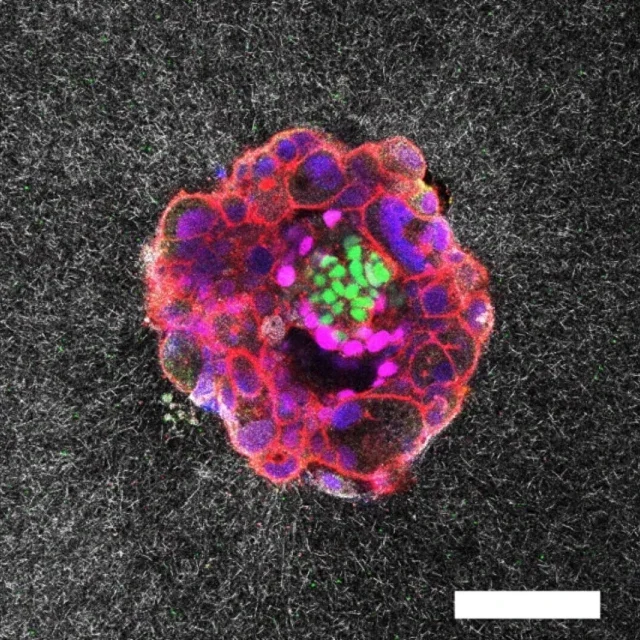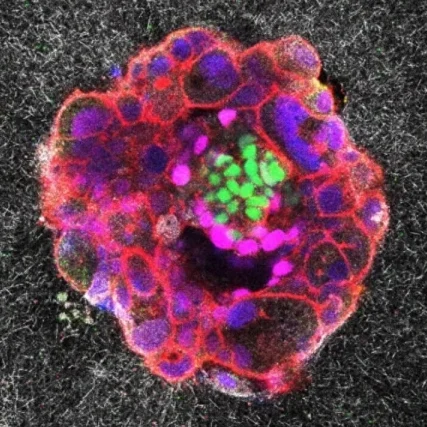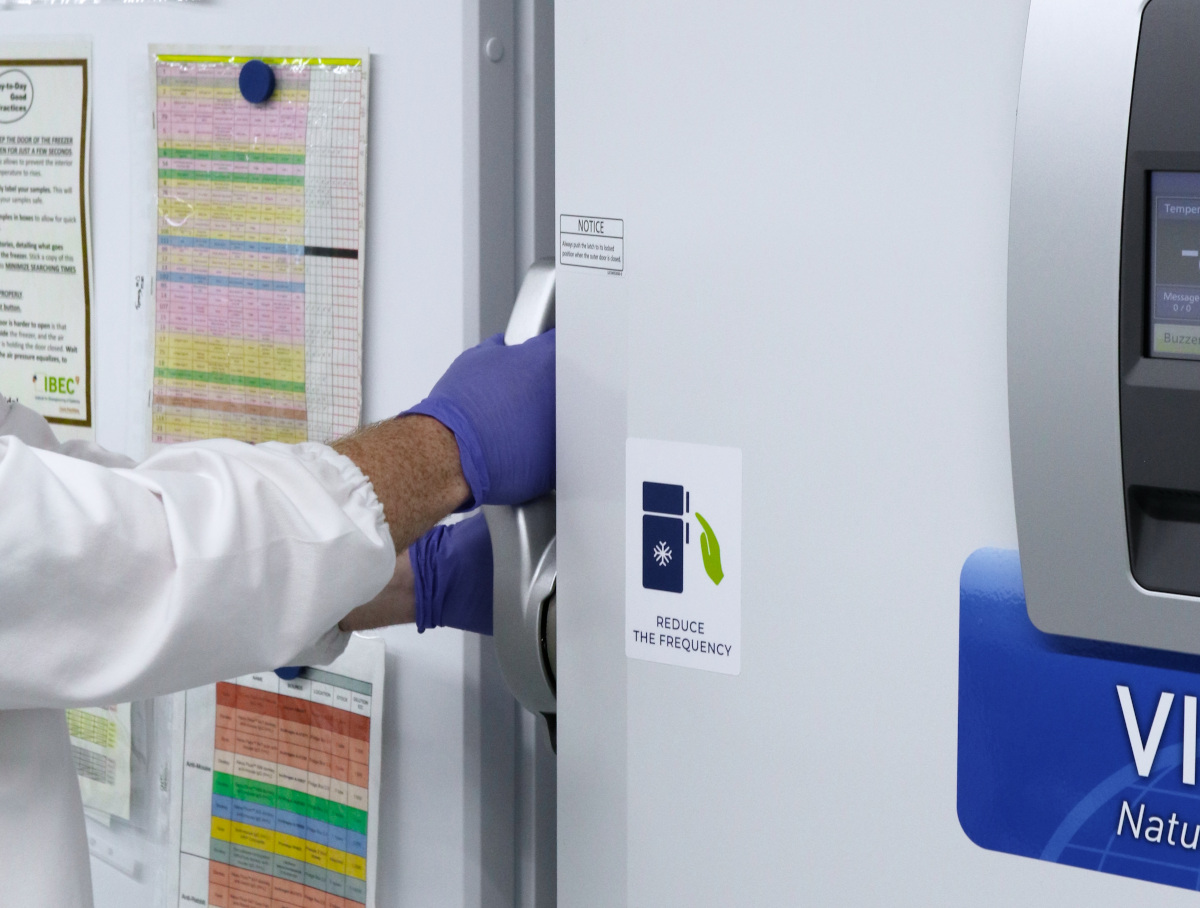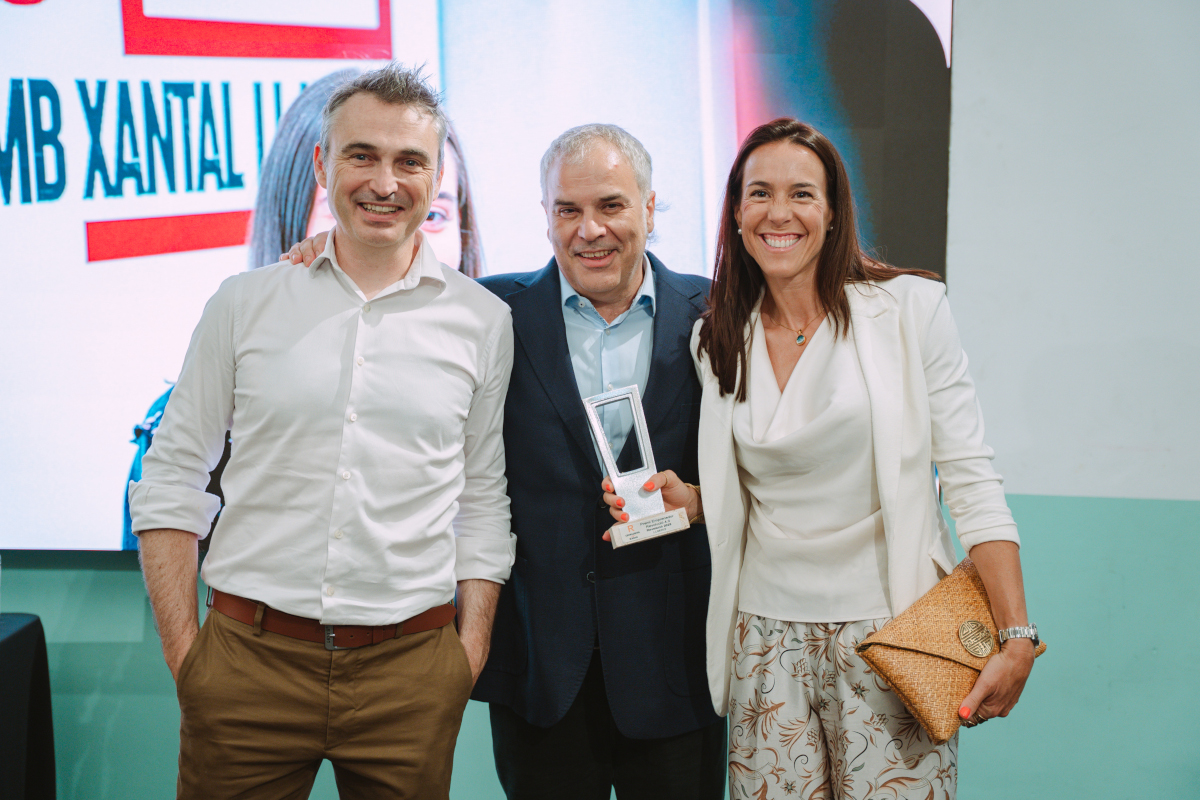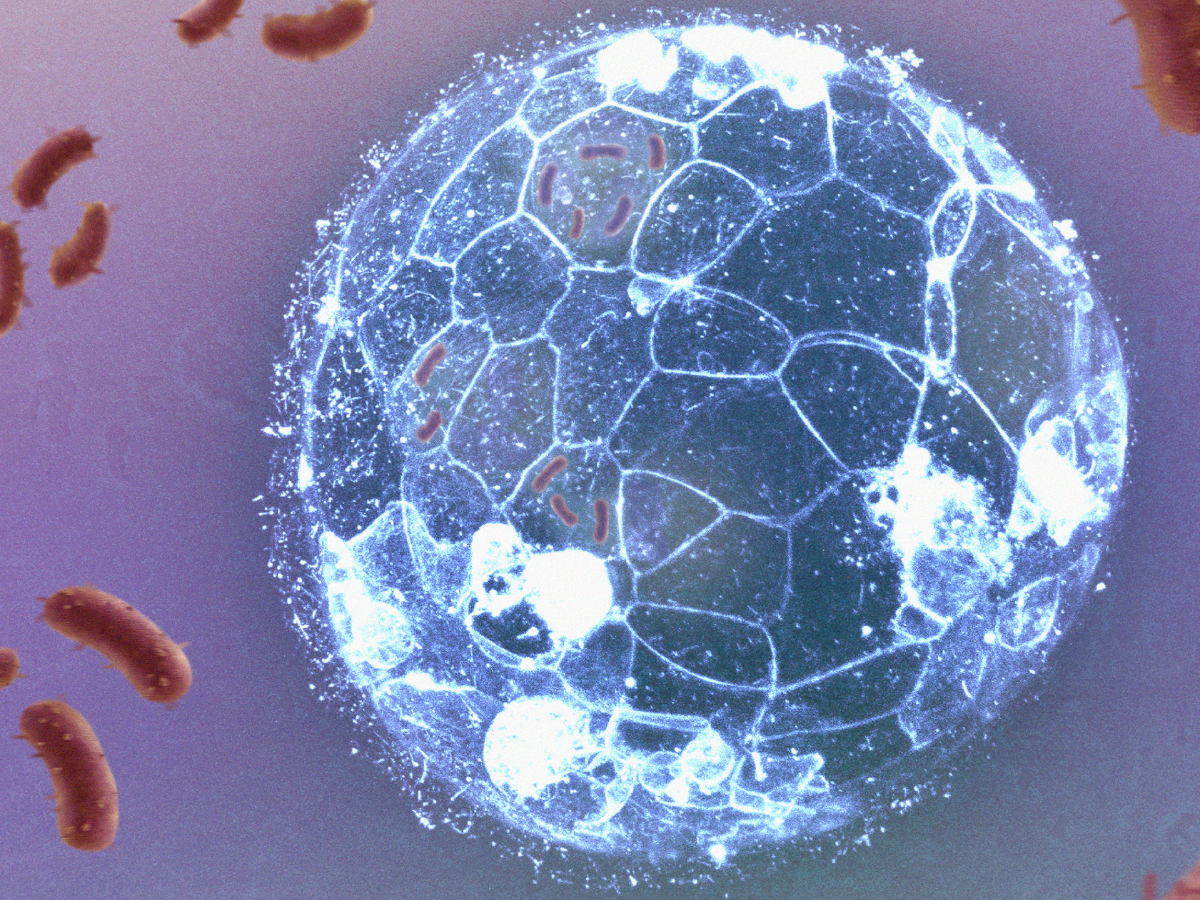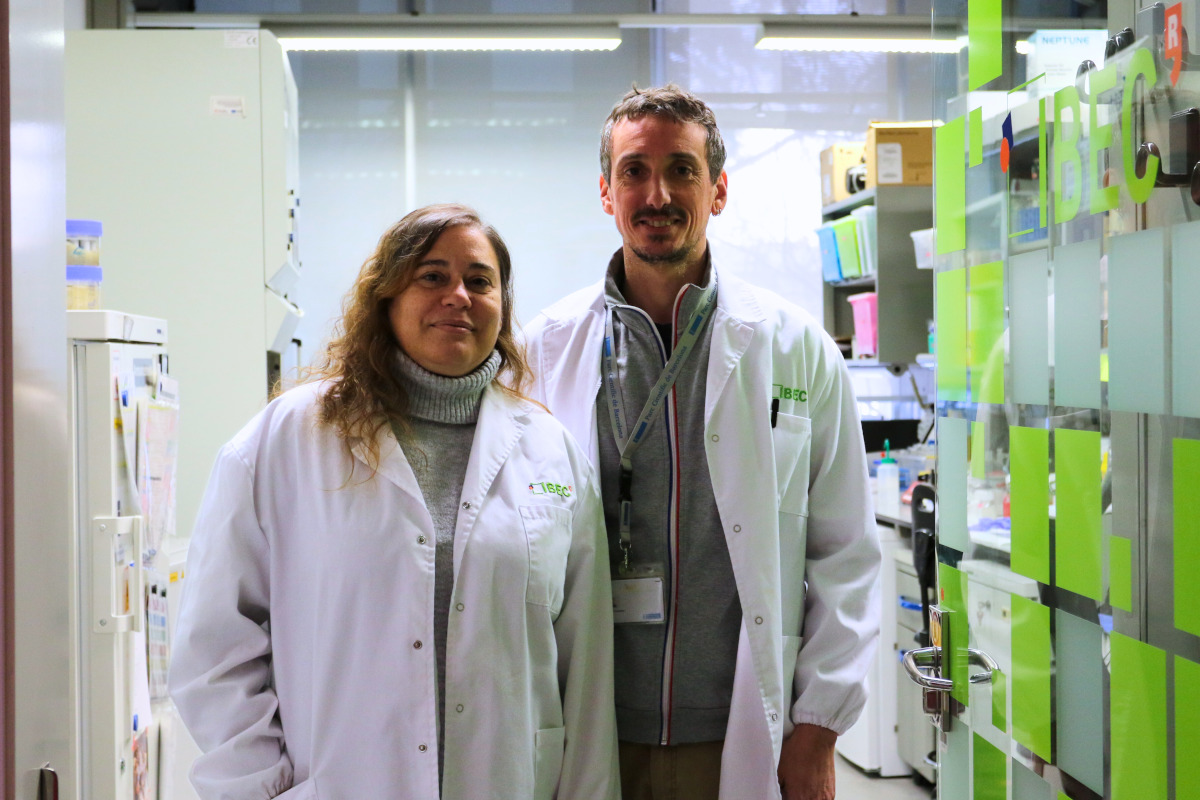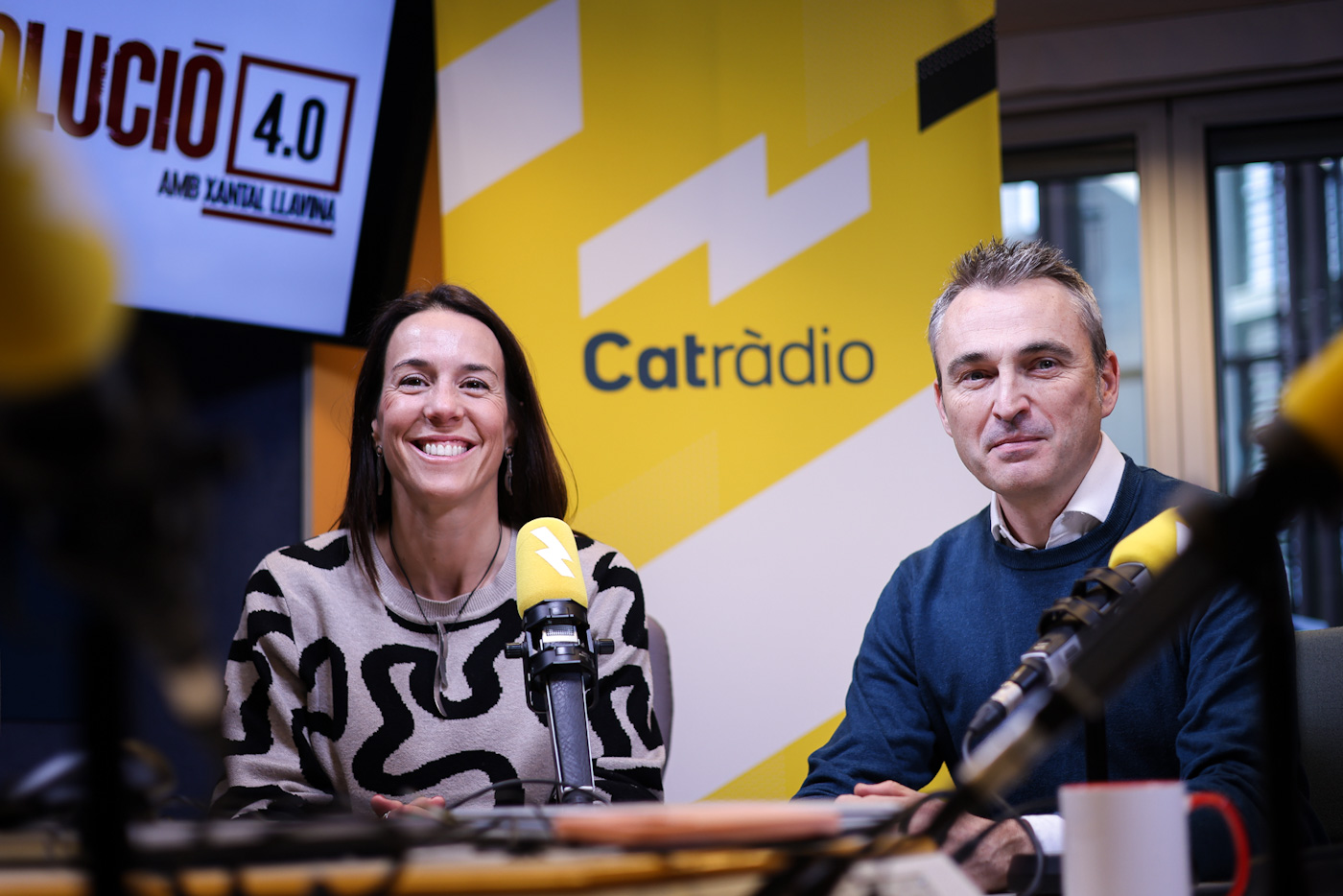Human embryo implantation recorded in real time for the first time
Researchers at the Institute for Bioengineering of Catalonia (IBEC) have recorded human embryo implantation in real time for the first time, using an innovative system developed in the laboratory that simulates the outer layers of the uterus in 3D. Implantation failure is one of the main causes of infertility, accounting for 60% of miscarriages. The work, published in the journal Science Advances, may help to better understand the mechanisms underlying the implantation process, improving fertility rates and optimising assisted reproduction processes.

